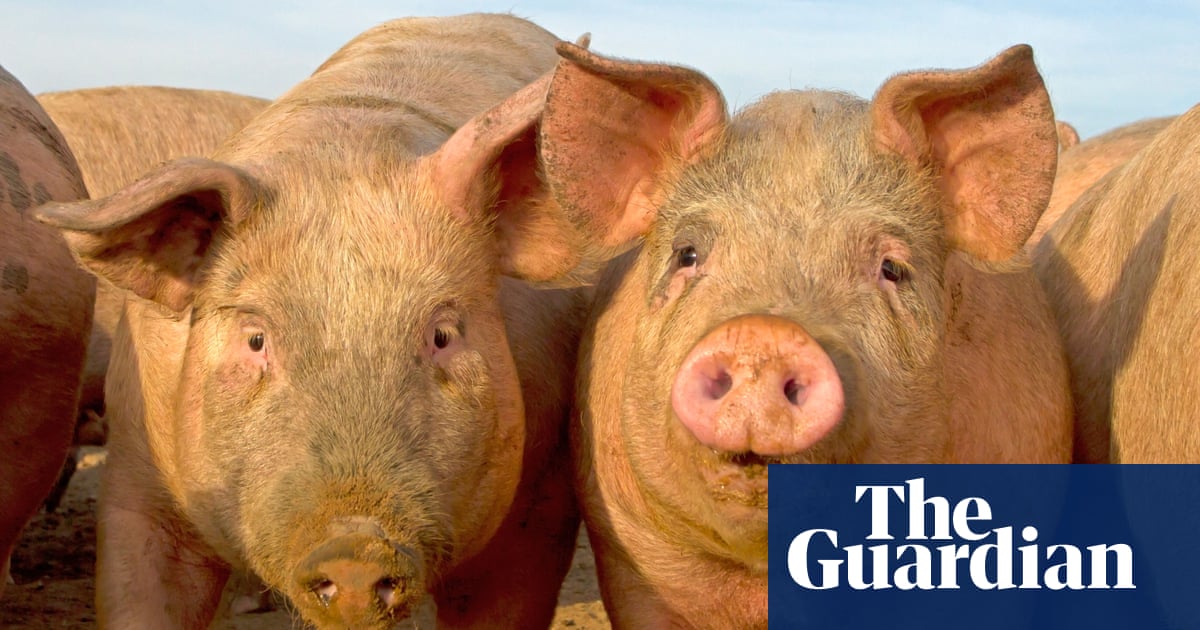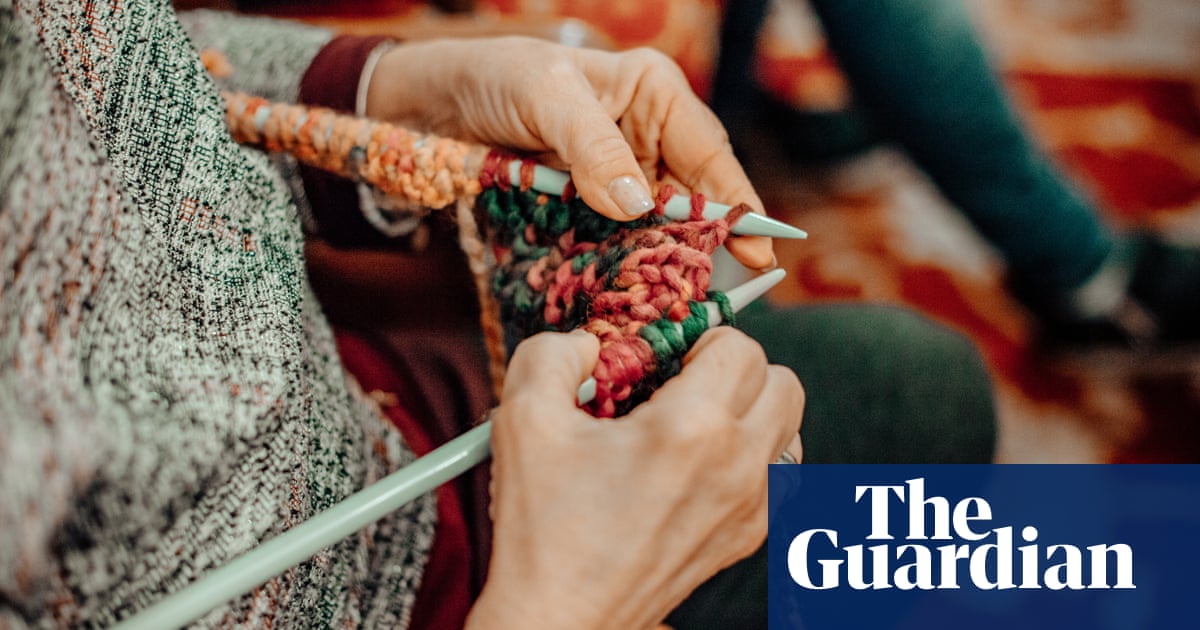We are at sea at the start of babirye bukilwa’s visceral play about one Black queer woman’s experience of illness, care and the struggle to love herself. Eshe (Evlyne Oyedokun) hasn’t left the flat in days. Instead, she sits on her bed and rows. As her surroundings are submerged in oceanic blue light, waves crash behind her, and she swigs brandy from a hip flask. She is by herself and floating through unknown waters, but here she’s also free to express her pain on her own terms. “I want to be alone, with my own breath and that,” she says.
The play, which was a finalist for the Women’s prize for playwriting, the Bruntwood prize and the Alfred Fagon award, is a full-throttled immersion inside Eshe’s head. We hear the voice and feel the almost suffocating presence of her dead mother, Sissy (Danielle Kassaraté). The room is covered in crisp packets, empty takeaway boxes and dirty laundry, but her focus is averted elsewhere. Eshe is bombarded by text messages, and her loved ones, Ella (Olivia Nakintu) and Michael (Ivan Oyik), beg to be let into her space, but no one seems to know the right way to reach out and love her in the way she needs.
At its best, this is a formally daring 90-minute play, which pours out like urgent poetry. But, under the direction of malakaï sargeant, it takes a while for the tension to take hold. On a screen on the stage’s back wall, words are projected and then dissolve like inconsequential matter. As Eshe, Oyedokun hauntingly slurs her speech, but some of its meaning is lost in the process. The result is a dizzying painting of isolation, aided by lots of intricate design elements by Khadija Raza. The overall visual effect is powerful, but the clarity isn’t always there.
By its close, the play achieves its sting as Michael and Ella transform into manic clown-like figures, almost begging for Eshe’s “mental prison” to come to an end. Both revelatory and disturbing, it leaves the theatre profoundly chilled.
Article by:Source: Anya Ryan













